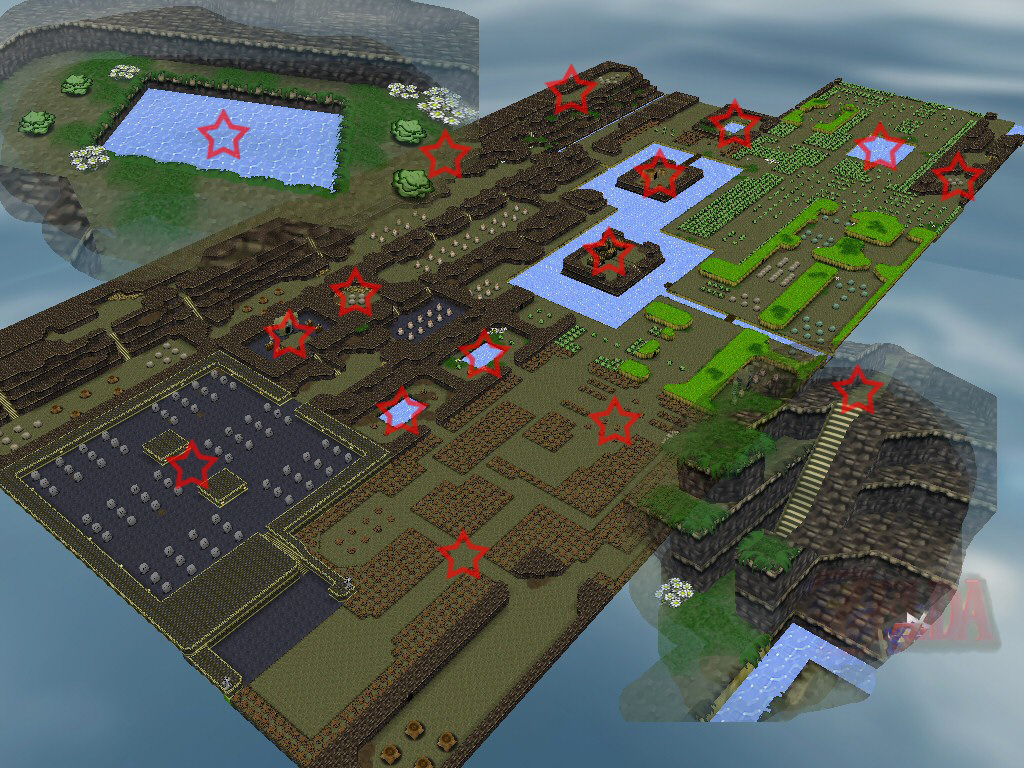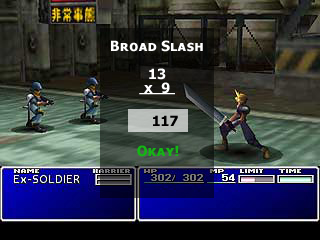ProjectProposal-GaryWu
From CS 160 Fall 2008
Target User Group
The target user group would be elementary school children learning the multiplication table. Knowing the table by heart will be an invaluable preparatory tool in the future when taking advanced forms of mathematics, such as algebra and calculus.
Problem Description
In the increasingly competitive job market of the future, students need a solid foundation in the core basics of mathematics to secure a promising future. However, with the rise of portable gaming, media, and other forms of entertainment, children in today's world are having a difficult time staying focused with their schoolwork. Therefore, a game that provides a medium of entertainment, while retaining its underlying educational influences will try to combine the best qualities of both worlds.
Problem Context and Forces
In today's technologically driven world, it is even easier to bring forms of entertainment into the classroom. Cell phones, portable gaming devices, and discreet media players make concentrating a difficult task for children in the classroom. Games, such as MathBlaster, try to address this problem but it is seriously outdated. With better technology, there comes better games. However, the education game side of the industry has not kept up with these advancements. This leads to boring and unattractive games.
Solution Sketch
Goal of game: To defeat the evil warlord, Trogdor.
Underlying Objective: To drill the multiplication table into the user's memory.
Genre: A Role Playing Math Game (RPMG)
Description:
Like many RPGs, the users start off as a character in the world of Juno. Users will be able to "click" around a map to enter duels or challenges to gain experience. In each duel/challenge, actions are only performed if the user correctly answers a math question. With each math question correctly answered, bonuses are awarded. With each missed question, users take a hit to their health points. When a user's health points diminishes, the game is over and must be restarted.
In the final phase of a duel/challenge, the user will be able to use a "knockout" maneuver, which will be in the form of a series of math questions. In this set of math questions, each question will have a time limit. With each question correctly answered, the player will perform the next move in this "knockout" combination maneuver (animation will follow each question). If the user fails this set of questions, the rest of the set is canceled, the user takes a health point hit, and the user must repeat a new set of "knockout" maneuver questions.
With each successful duel, experience is gained and accumulated. Users can only enter certain duels/challenges with enough experience points.
For future growth, there could be a division, subtraction, addition, or "unlimited" (which are all four combined) version of the game released.
It is a proven fact that repetition exponentially increases memory performance. In the social context, students who complete this game and retain the beneficial factors of playing the game should experience an increase of confidence as they will be able to see the improvements of their math scores in school. This should lead to increased satisfaction of performing well in school, and will carry over to other subjects, such as Reading and Science.
Sketches:
Juno World Map (stars are click-able locations of duels and challenges)
Duel Sequence (actions are only performed with a correctly answered math question)


